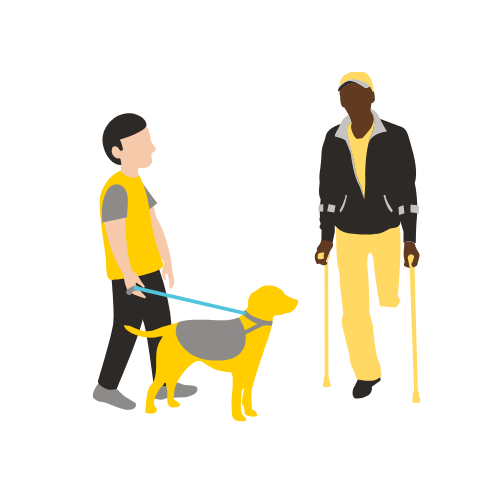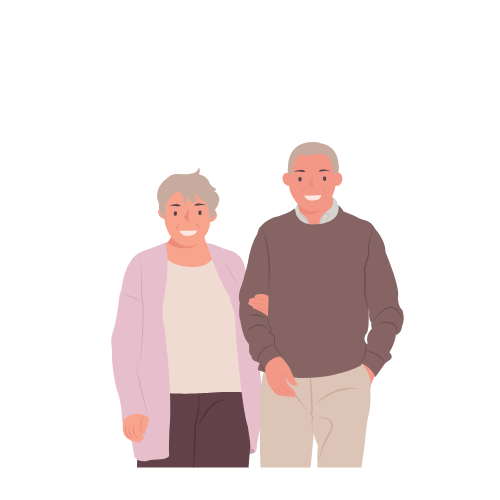About Us








What was The Inclusivity Project?
The Inclusivity Project was collaboration of perspectives, bringing the academic view and the small business voices into conversation with the lived experience of local membership organisations.
Why the project happened
Here in Corwall, there was:
- A population that was ageing quicker than the rest of the UK.
- An employment gap for 50+ people, disabled people, and people with long-term health conditions.
- A skills shortage.
As across the UK, Cornwall had a high percentage of micro, small and medium sized businesses.
So, The Inclusivity Project set out to explore how those businesses could make more of the talent that’s available. What was hindering them, and how they were creatively adapting.
Who was behind The Inclusivity Project?
The University of Exeter Medical School has a research and development unit called The European Centre for Environment and Human Health.
They took the lead on this project – and headed up the research element – and teamed up with the University’s business section, Impact Innovation and Business to offer businesses the chance to collaborate with specialists who spanned both the health and the business arenas.
They brought other organisations into partnership for The Inclusivity Project – disAbility Cornwall, Age UK Cornwall, and the LEP.
These partners were involved in every level of the organisation and helped us keep connected to our core aim: to create inclusive workplaces which supported health and wellbeing and business resilience and growth.
The project couldn’t have existed without the generous support of the South West Academic Health Science Network, along with the European Regional Development Fund.
We have tackled the employment gap from 3 perspectives.
By engaging with businesses
We worked with small local businesses to understand their perspective on inclusive recruitment and retention. And innovate new solutions.
Through research
We can understand this situation through data, economics, systems. Sometimes you can predict and test change scenarios this way too.
With policy
Our aim was to be part of the thinking that took place at a national level. We aimed to help shape how government could support, and learn from, Cornwall and Isles of Scilly.
What do we mean by “disability”?
Did you know, only 8% of disabled people use a wheelchair? You might be surprised to learn how many of us have a disability of one form or another.
How young is an "older person", exactly?
"Retirement age" is a thing of the past - so who are we talking about, when we mention "older people" of working age? What kinds of fixed ideas do we encounter?


